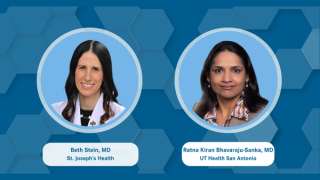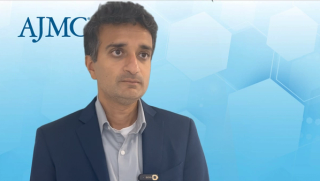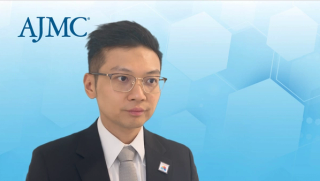
Health Care Delivery
Latest News
Latest Videos

Podcasts
CME Content
More News
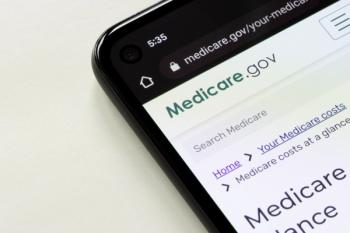
A new report shows Vermont, Utah, and Minnesota lead, while Louisiana, Mississippi, and Kentucky lag in Medicare performance.
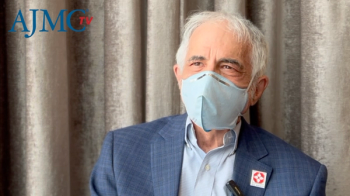
Patients beginning their cancer journeys should advocate for themselves and use support groups to help navigate survivorship challenges.

Measures need to be taken to elevate engagement both from employees and the general public as public confidence in the US health care system declines.

Adults with diabetes were 24% less likely to visit an emergency department in 2021 than in 2019.

ACOs serving patients with complex needs are on the rise, but policy changes are needed to support providers treating special populations.
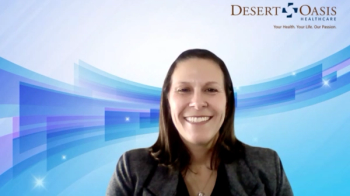
Lindsey Valenzuela, PharmD, explains how value-based models empower a single pharmacist to manage multiple layers of these disease states.

CVS Pharmacy acquires stores and prescription files from over 600 Rite Aid and Bartell Drugs pharmacies.
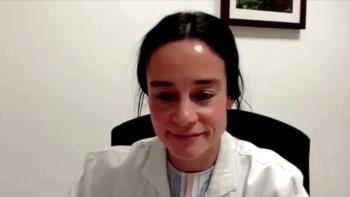
The LINKER-SMM1 trial shows promising results for linvoseltamab in treating high-risk smoldering multiple myeloma with a favorable safety profile, notes Paula Rodríguez-Otero, MD, PhD.

Experts discussed safe and effective management strategies for patients with hidradenitis suppurativa at the 2025 Skin of Color Update.

The number of Black, Hispanic, and Latino students admitted into medical schools fell as rates increased for White and Asian students.
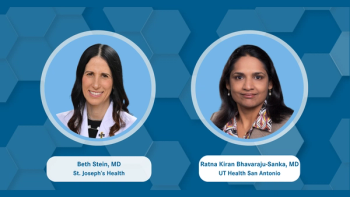
Kiran Bhavaraju-Sanka, MD, and Beth Stein, MD, focus on the best and most effective methods of engaging patients who have myasthenia gravis throughout their journey.

Eliot F. Battle, MD, discusses how to effectively and successfully treat skin of color.

The new indication allows doctors to use upadacitinib before tumor necrosis factor–blocking agents when those treatments are clinically inadvisable.

Opioids were more likely to be prescribed to Medicare beneficiaries living with HIV, which led to opioid use disorder (OUD).

Despite systemic challenges, oncology practices use value-based care, community partnerships, and clinical trials to improve patient access and outcomes, says Brian Mulherin, MD.

WHO's latest report shows alarming trends in antimicrobial resistance, highlighting urgent global challenges and the need to improve surveillance and treatment.

Lindsey Valenzuela, PharmD, explains how pharmacists can prevent drug interactions and improve coordination for women with arrhythmia and chronic disease.

Lindsey Valenzuela, PharmD, explains how cost, coverage gaps, and tech literacy hinder women’s access to early arrhythmia detection tools.

Kelley L. Julian, PharmD, BCOP, discusses optimizing myeloma care, addressing barriers in access to intravenous immunoglobulin and innovative therapies at Huntsman Cancer Institute.

Experts at the Skin of Color Update highlighted the potential benefits of GLP-1 RAs in managing obesity, as well as psoriasis and hidradenitis suppurativa symptom management.

Arthritis is not one disease, and it has an impact that extends far beyond the well-known osteoarthritis or rheumatoid arthritis.

The authors explore the limitations of the current system of revisit interval assignment and discuss the importance of standardization to optimize patient health care outcomes.

Surgeons are more likely to perform opportunistic salpingectomy when their peers have done so, underscoring the impact of physician networks in ovarian cancer prevention.
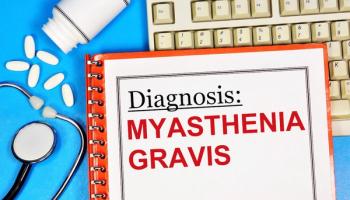
Efgartigimod shows promising efficacy over IV immunoglobulin in treating impending myasthenic crisis in patients with myasthenia gravis.

Lindsey Valenzuela, PharmD, explains how atypical symptoms, research gaps, and care inequities delay arrhythmia detection in women.








